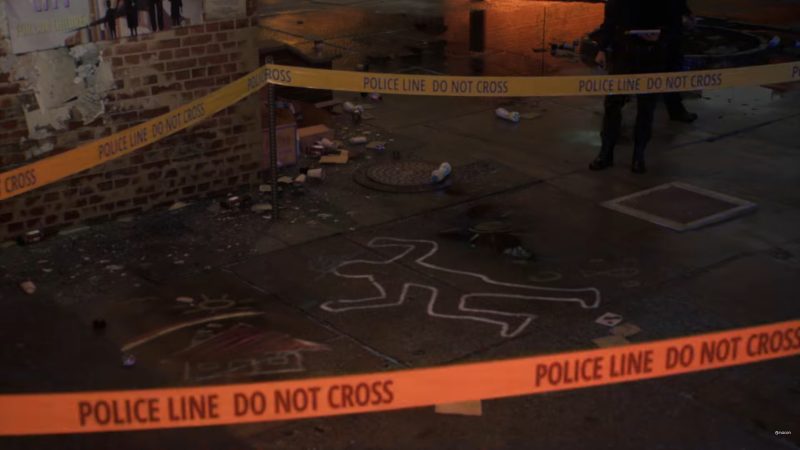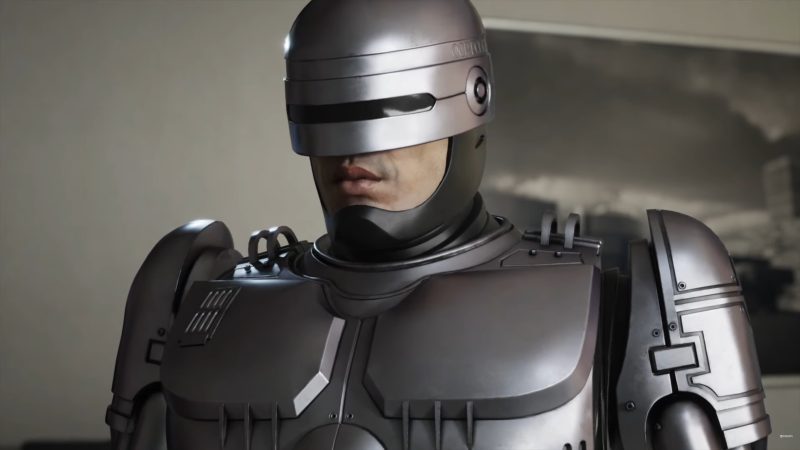Save for a select few developers who still do it, video game demos are firmly a thing of the past. The once ubiquitous demo versions that provided potential players with a glimpse of a game before its full release are rare sights, especially for AAA games from well-known studios, which is a shame. The promise of a demo was not only a generous marketing tool but also proves the confidence developers have in their projects, giving players a taste of what they were investing in. The announcement that Teyon and Nacon's RoboCop: Rogue City would be offering a demo on Steam was, therefore, met with a mix of nostalgia and anticipation.
{ "@context": "https://schema.org", "@type": "VideoObject", "name": "Why is everyone talking about the RoboCop: Rogue City demo?", "description": "The upcoming video game adaptation of the cybernetically enhanced police officer has a demo that's both bigger and better than most games.", "thumbnailUrl": [ "https://i.ytimg.com/vi/kpRCCeCoezo/maxresdefault.jpg" ], "uploadDate": "2023-10-9", "duration": "PT27S", "contentUrl": "https://www.youtube.com/shorts/kpRCCeCoezo", "embedUrl": "https://www.youtube.com/embed/kpRCCeCoezo" }
RoboCop: Rogue City, an upcoming first-person shooter, takes audiences on a deep dive into the familiar, crime-infested world of the city of Detroit in the 1980s. This ambitious venture, set between the events of the second and third movies, promises familiar locations, iconic characters, and even a possible encounter with the original RoboCop, voiced by actor Peter Weller. And while the gameplay focuses heavily on gunplay, RoboCop's characteristics, such as his signature heavy armor and slow movement, offer a distinct contrast to the agile FPS protagonists we have grown accustomed to.


